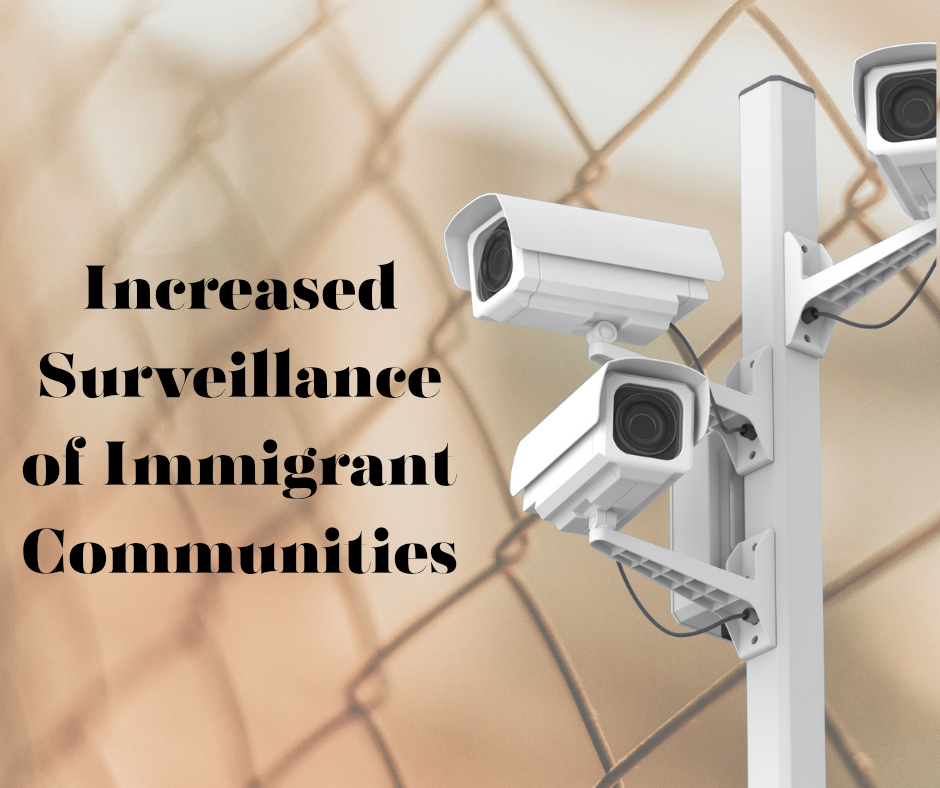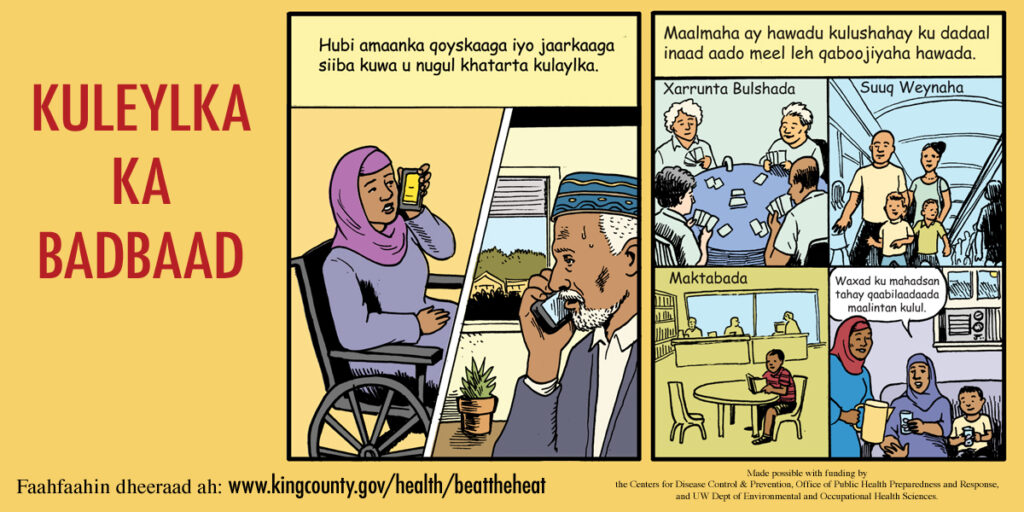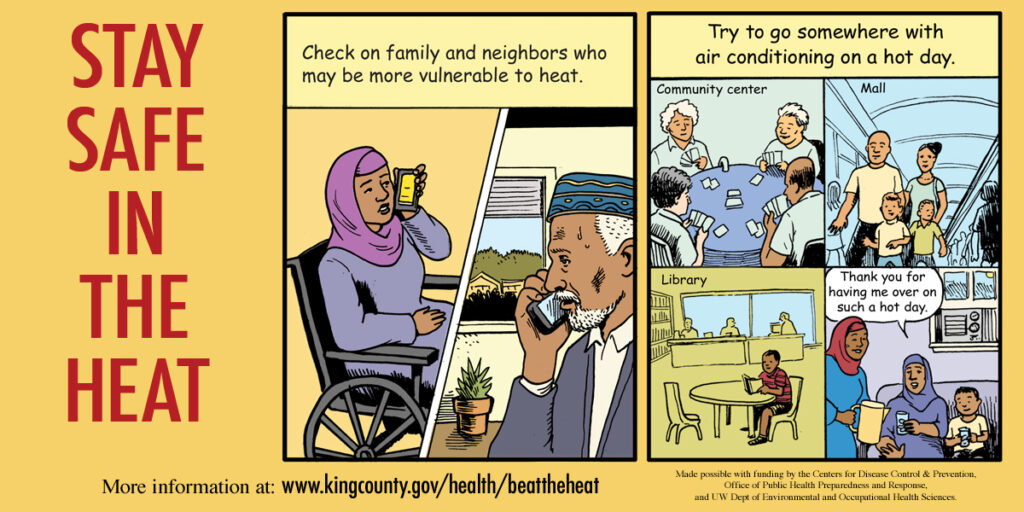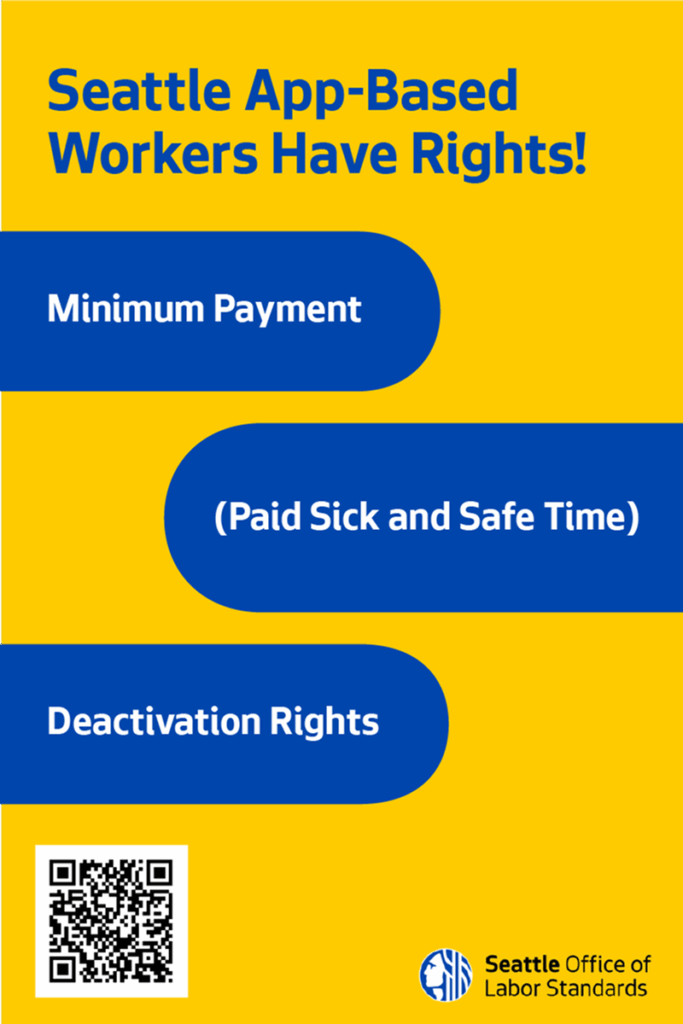
By Amanda Richer for Runta News
American Community Media hosted a briefing with experts titled “Expanding Surveillance of Immigrants. At What Cost?“. There are several important things that immigrant communities should be aware of during this time of increased surveillance and scrutiny. Experts warn that the government is using personal information in ways you did not agree to.
Nicole Alvarez, a Senior Policy Analyst at the Center for American Progress, discussed her report on how the Trump administration is building a “digital watchtower.” This centralizes sensitive data that can be used to target populations.
Emerald Tse, an Associate at Georgetown’s Center on Privacy and Technology, highlighted findings from two major reports.
“American Dragnet”: This report revealed how ICE has built an extensive surveillance network by accessing vast datasets of personal information that people provide to essential services.
“Raiding the Genome”: This report detailed a Department of Homeland Security (DHS) program to collect DNA from thousands of people daily.
Information you give to pay taxes, get a driver’s license, or to pay your light and water bills can also be accessed by ICE (Immigration and Customs Enforcement). The government is also taking DNA samples from many immigrants at the border. This DNA is being put into the FBI’s criminal database, even if the person has never been arrested or charged with a crime.
Sophia Cope, a Senior Staff Attorney at the Electronic Frontier Foundation spoke about being very careful when traveling, especially when entering the U.S. Border agents (CBP) can ask to search your phone or laptop without a warrant. Your rights are different depending on your status. If you are a U.S. Citizen: You have the right to say no to a phone search. They cannot stop you from entering the country, but they may hold you for a long time or take your device. If you are NOT a U.S. Citizen (Green Card holder, on a visa, or seeking asylum): It is very risky to say no. They can take your Green Card for review or deny you entry into the United States. The government is closely watching what immigrants and their families post online. Knowing your rights is the first step to protecting yourself.
- Be Smart Online: Be careful about what you post, especially on public social media accounts.
- Prepare for Travel: Before you travel to or from the U.S., consider removing sensitive photos and messages from your phone. Back up your information at home.
- Know Your Rights: You have the right to remain silent and the right to speak to a lawyer. Do not sign anything you don’t understand.
- Share this Information: Talk with your family and community members so they are also aware of these risks.
Community members can do a lot by making sure that they and others know their rights, bolstering support systems, and watching out for one another in kindness.









